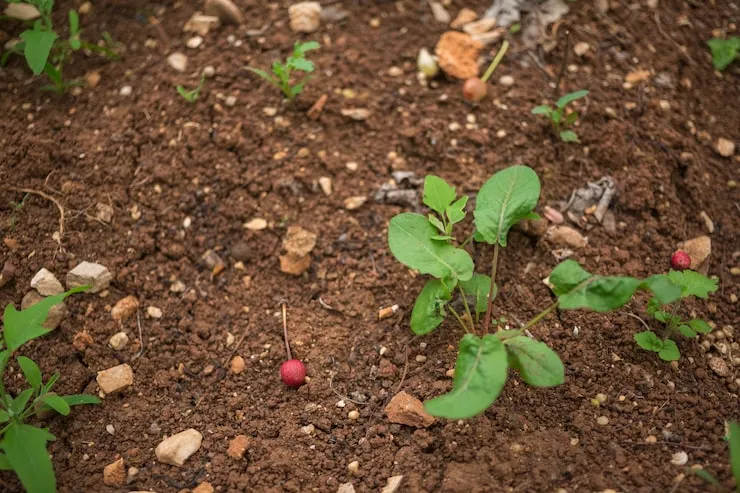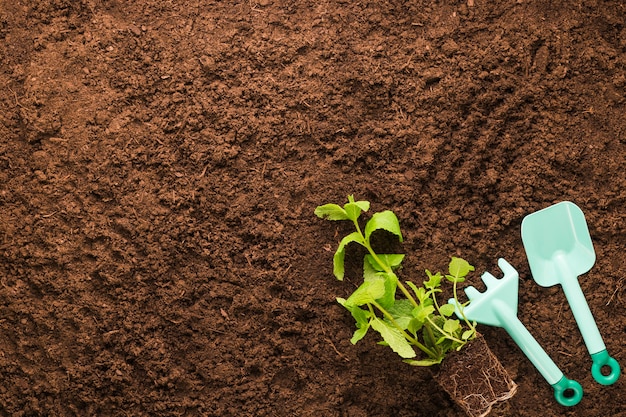
×

Making a flourishing vegetable cultivation begins with one fundamental element—soil quality. The best organic soil for vegetable gardens gives a wealthy mix of supplements, great waste, and an adjusted pH to offer assistance your plants develop solid and create inexhaustible harvests.
Whether you're planting in raised beds, holders, or specifically in the ground, selecting the right soil guarantees solid root advancement and infection resistance whereas advancing maintainable planting practices.

Soil is more than fair dirt—it’s a living environment that underpins plant life. Natural soil contains characteristic materials like compost, worm castings, peat greenery, and decayed plant matter, all of which make strides richness.
Read Also: Want to Know How to Start a Vegetable Garden?
Not at all like engineered choices, natural soil dodges chemical fertilizers and pesticides, making it more secure for your plants, the environment, and your family. Sound soil improves microbial action, increments water maintenance, and guarantees plants assimilate basic supplements like nitrogen, phosphorus, and potassium.
When selecting soil, consider the taking after characteristics:
1. Supplement Content
Vegetables require a large scale and micronutrients. Natural soil improved with compost and characteristic fertilizers gives the perfect adjust for ideal growth.
2. Legitimate Seepage and Aeration
Excess water can lead to root decay, whereas destitute air circulation stunts root advancement. A great soil blend ought to hold dampness whereas depleting overabundance water efficiently.
3. pH Balance
Most vegetables flourish in marginally acidic to impartial soil (pH 6.0–7.0). Quality natural soil keeps up this adjustment normally, avoiding supplement lockout.
4. Wealthy Natural Matter
Organic matter like compost and rotted plant fabric moves forward the soil surface, boosts richness, and advances advantageous microbial life.
1. Compost-Enriched Soil
Compost includes fundamental supplements and progresses soil structure. Custom made compost or store-bought natural compost can be blended with local soil for fabulous results.
Read Also: Choosing the Right Size Vegetable Garden 2024
2. Raised Bed Soil Mix
A blend of compost, peat greenery, and vermiculite or perlite works best for raised beds. It guarantees legitimate seepage and air circulation whereas holding satisfactory moisture.
3. Loamy Soil
Known as the “gardener’s gold,” loamy soil offers a perfect adjust of sand, residue, and clay. It is nutrient-rich, well-draining, and holds dampness effectively.
4. Natural Preparing Soil
For holder planting, natural preparing soil mixes are lightweight and nutrient-rich, planned to bolster root development and anticipate compaction.
The best organic soil for vegetable gardens combines supplements, legitimate surface, and common composition to offer assistance plants flourish.
Whether you select compost-enriched soil, loamy mixes, or raised bed blends, keeping up soil wellbeing guarantees a beneficial, economical cultivation. Contribute in high-quality natural soil nowadays and appreciate fresher, more beneficial vegetables straight from your terrace.
.